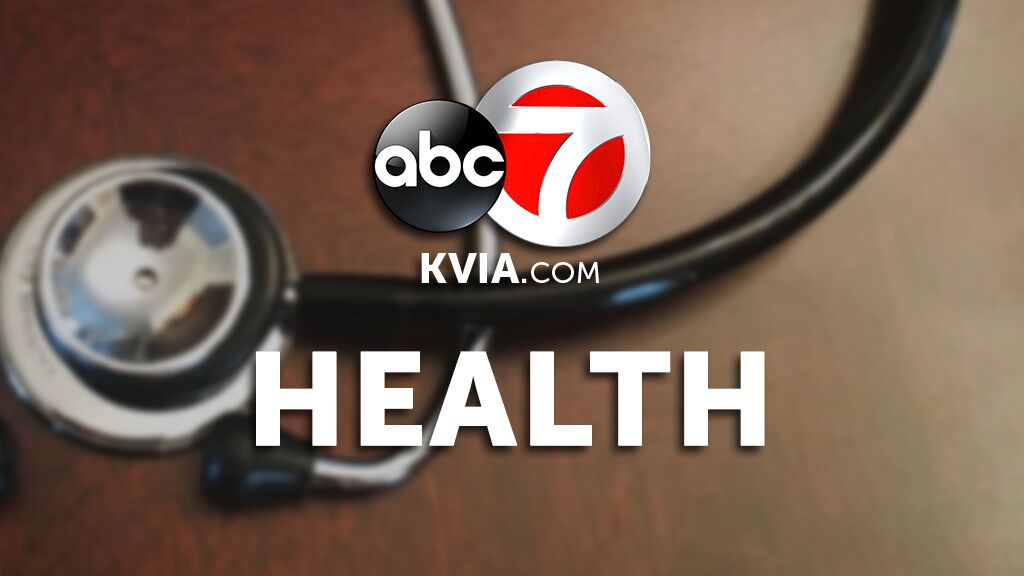Anti-vaxxers may be exploiting widespread religious exemptions, research suggests

An increasing number of parents in the United States are citing faith to avoid getting their children vaccinated, according to a new study — even though no major religion opposes vaccination.
Childhood shots have been proven safe and effective, and prevent millions of deaths each year. Just 15 states allow parents to opt out of them for philosophical or personal reasons. But new research suggests that anti-vaxxers may be finding a workaround: exploiting religious belief exemptions that are permitted in 45 states and the District of Columbia.
Published Monday in the medical journal Pediatrics, the study analyzed data from the US Centers for Disease Control and Prevention and found that religious exemptions have been increasing since 2011 — and were significantly more likely in 2017 than six years prior.
Parents were more likely to claim religious exemptions for vaccines in states that didn’t permit personal belief exemptions, according to the research. That suggests a “replacement effect,” according to Dr. Joshua Williams, the study’s lead author and an assistant professor of pediatrics at the University of Colorado.
“When you give parents two options in a state, personal belief and religious exemption, a very small percent of parents are actually opting for religious exemptions if given an alternative,” he said.
Religious belief exemptions surged 640% in one state
One state in particular, Vermont, offers a striking look at how some parents seem to be avoiding vaccines. After eliminating personal belief exemptions in 2016, the state saw a 640% increase in the proportion of kindergarteners with religious vaccine exemptions, according to Williams’ study.
To qualify for a religious exemption in the state, parents are required to sign a short form confirming that they’ve read a two-page vaccine fact sheet and “attest to holding religious beliefs opposed to immunizations.”
When personal belief exemptions were allowed, 1 in every 200 students entered kindergarten each year with a religious vaccine exemption. But that number surged to almost 1 in 25 after Vermont changed its law, the researchers found.
The overall proportion of kindergarteners with non-medical exemptions did decrease in the state, but Rupali Limaye, associate director for behavioral research at the Johns Hopkins Institute for Vaccine Safety, said “the results of this study do suggest a replacement effect.”
The data, she said, suggest that “parents are choosing to use religious exemptions as a mechanism to avoid complying with vaccination laws.” The rise of religious exemptions is particularly interesting, she added, because the study notes a decline in the number of individuals who report a religious affiliation in the United States.
According to a Pew Research Center report cited by Williams’ research team, the percentage of Americans describing themselves as agnostic or atheist has been trending upwards, from 16.1% in 2007 to 22.8% in 2014.
“It may be that insular religious groups are growing more rapidly than secular communities or that they are increasingly falling victim to vaccine misinformation,” the study noted. “Yet the rise of religious exemptions in an increasingly secular society also questions whether the religious exemption category can still serve its intended purpose.”
No major religions oppose vaccination
While eliminating personal belief exemptions may decrease state exemption rates overall and improve community health, “it may also obscure reasons parents exempt their children from vaccines and create possible stigma for religious traditions who support vaccines,” said Williams, who described himself as a “religious individual.”
He said that policymakers could create “stronger exemption policies that preserve transparency” and noted that most religious vaccine exemptions were formalized more than half a century ago. All major religions, he emphasized, support vaccines.
That support isn’t new, either. Buddhist nuns, for example, are said to have practiced an early version of smallpox vaccination more than 1,000 years ago. One Jewish rabbi, writing in the 18th century, called immunization “an act of eager religious devotion.” And the Vatican has consistently encouraged vaccines, even those developed using fetal-derived cell lines.
Tread carefully on vaccine restrictions, experts say
Asked whether some parents are using religious vaccine exemptions dishonestly, Limaye, the Hopkins expert, said that “parents that hold strong beliefs about vaccination believe they are doing what is best for their child.” That means “they will exhaust all options to ensure that their beliefs are upheld,” she said.
The best approach toward vaccines, then, “is to engage with these parents that have concerns” and build trust, Limaye said. Vaccine scientists need to be “innovative,” she added, because eliminating all exemptions could be seen as punitive, and “may backfire and lead to less trust in the health care system.”
Jessica Atwell, an epidemiologist who works alongside Limaye at the Johns Hopkins Bloomberg School of Public Health, said that opposition to removing personal belief exemptions entirely has been extreme and polarizing in hesitant communities.
“Having an escape valve may be very important,” she said. A better approach, according to Atwell, may be to put stricter requirements and rules in place around nonmedical exemptions, so that they’re “very challenging to get, but still possible to get.”


